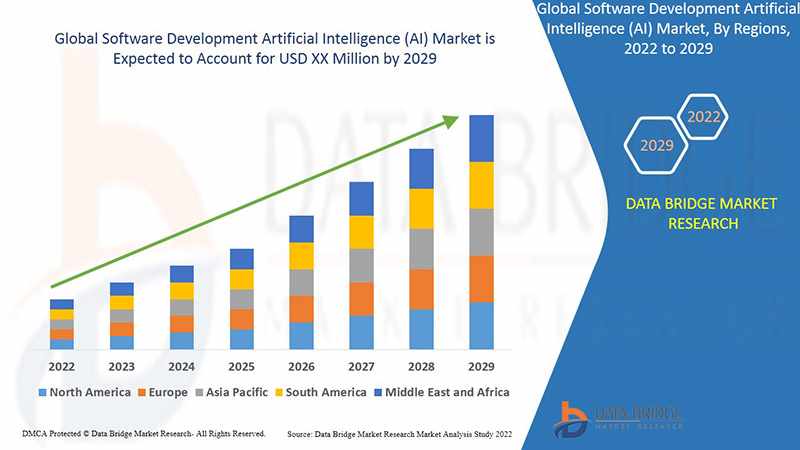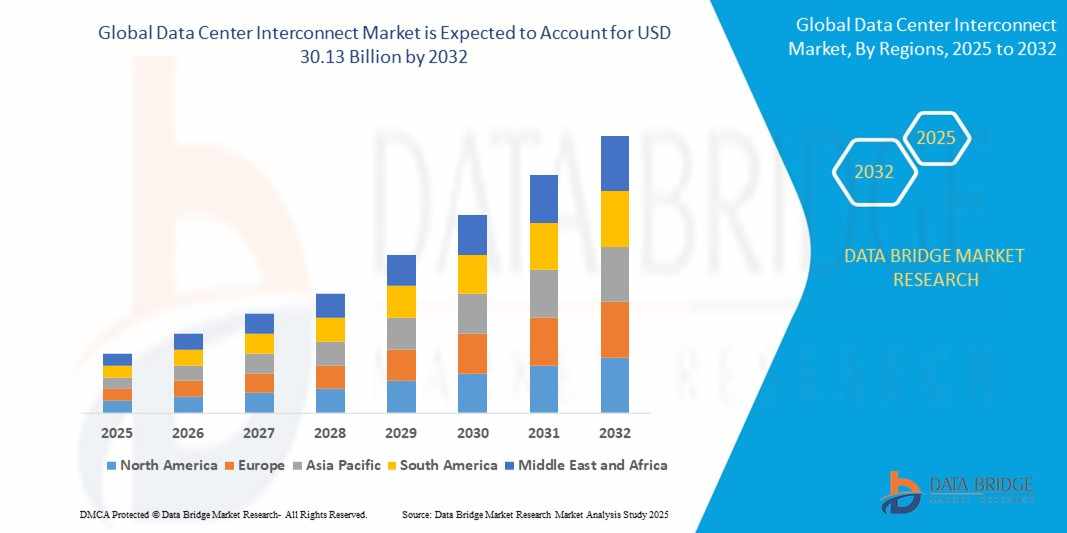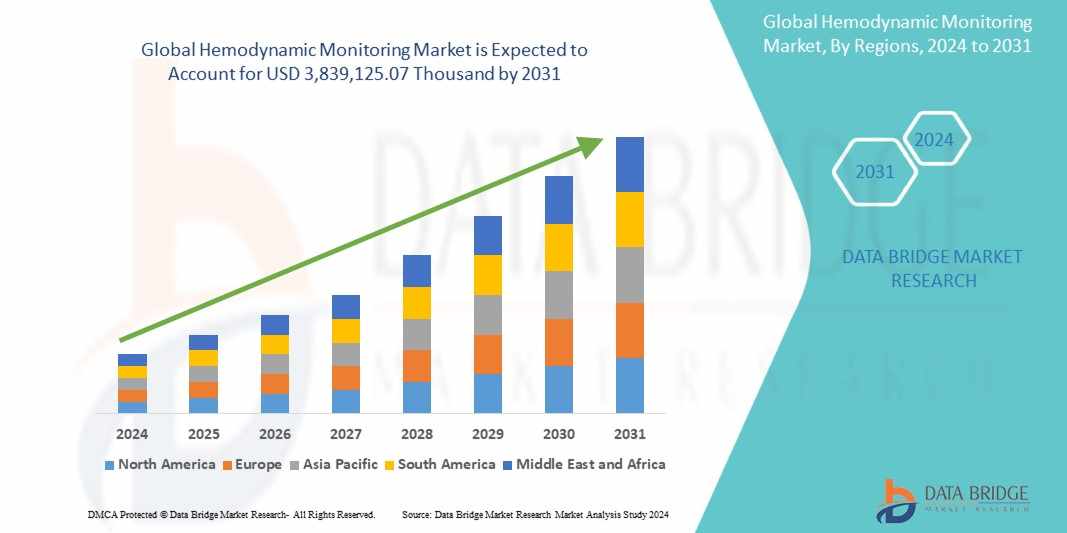
Introduction
The fusion of software development with artificial intelligence (AI) has sparked a transformative era in the tech industry. As businesses seek faster, smarter, and more efficient solutions, the Software Development Artificial Intelligence (AI) Market has emerged as a cornerstone of digital innovation. By integrating AI technologies such as machine learning (ML), natural language processing (NLP), and computer vision into software engineering workflows, developers are rewriting the rules of application creation, debugging, testing, and deployment. This dynamic market is fueling a paradigm shift from traditional code-based processes to intelligent automation, enabling developers to focus on creativity and strategy while machines handle complexity and repetition.
Full Details Report: https://www.databridgemarketresearch.com/reports/global-software-development-ai-market
Trends
The Software Development AI Market is evolving rapidly, driven by innovation and adoption across sectors. One key trend is the rise of AI-assisted coding platforms such as GitHub Copilot, Amazon CodeWhisperer, and Tabnine, which act as intelligent collaborators to programmers. These tools use large language models to suggest lines of code, identify bugs, and auto-complete functions, significantly reducing development time.
Another notable trend is the adoption of AI in software testing. Automation testing tools embedded with AI capabilities can detect anomalies, prioritize test cases, and predict the most error-prone areas, enabling more reliable software. Additionally, AI in DevOps is growing, with smart monitoring systems predicting system failures, optimizing cloud resources, and reducing downtime.
There is also a growing movement toward low-code and no-code platforms enhanced by AI, democratizing software development for non-programmers. These tools leverage AI to generate code based on user inputs and natural language descriptions, making it easier to build applications without deep technical expertise.
Market Size
The Software Development Artificial Intelligence (AI) Market is experiencing exponential growth. In 2024, the market was valued at approximately USD 5.6 billion. Driven by increasing enterprise demand for intelligent software development tools, the market is projected to reach over USD 20 billion by 2030. This substantial growth reflects the escalating integration of AI into every stage of the software lifecycle, from ideation and design to testing and deployment.
Large-scale tech companies and startups alike are investing in AI-driven development frameworks to stay ahead of the competition. Cloud service providers are also playing a major role by offering AI-as-a-Service (AIaaS) solutions that enhance software development capabilities for businesses of all sizes.
Latest Trending Reports:
Global Stuffed Animals and Plush Toys Market
Global Slicing Equipment Market
Global Anthrax Treatment Market
Global Full Overlap Slotted Containers Market
Global Digital Signage in Healthcare Market
Global Aero-Engine Coating Market
Market Share
North America dominates the Software Development AI Market, holding the largest share due to its early adoption of AI technologies and the presence of major industry players like Microsoft, Google, IBM, and Amazon. The region's strong ecosystem of startups, tech talent, and academic research further contributes to its leadership.
Europe is steadily gaining traction, especially in countries like Germany, the UK, and France, where AI regulations and innovation-friendly policies are supporting growth. Meanwhile, the Asia-Pacific region is experiencing rapid expansion fueled by massive digital transformation initiatives in countries such as China, India, and Japan. These nations are investing in AI infrastructure, software outsourcing capabilities, and government-backed AI strategies to capture a significant share of the market.
Growth
The growth of the Software Development AI Market is propelled by several critical factors. Firstly, the complexity of modern software applications demands advanced tools that can streamline workflows and reduce human error. AI’s ability to automate repetitive coding tasks and optimize performance has proven invaluable for development teams striving for agility and scalability.
Secondly, the global shift to remote work and cloud-based environments has intensified the need for intelligent tools that support distributed teams. AI-enhanced platforms enable better collaboration, faster debugging, and continuous integration/continuous delivery (CI/CD) pipelines.
Thirdly, the proliferation of data across industries presents new opportunities for AI-driven analytics, which can inform software design and user experience. With AI analyzing behavioral data, developers can create more personalized and adaptive software solutions.
Fourthly, the rise of AI regulatory frameworks is guiding the development of responsible AI systems, ensuring ethics, fairness, and transparency in software development. This is encouraging enterprises to invest in trustworthy AI tools that align with global standards.
Demand
The demand for AI in software development is surging across industries. The financial sector is leveraging AI-based development tools to build secure and scalable fintech applications. Healthcare companies are investing in intelligent platforms for medical software and telehealth solutions. Retail and e-commerce businesses are adopting AI to develop customer-centric platforms with predictive features and recommendation engines.
Startups and small businesses are also embracing AI tools to enhance their development capabilities with limited resources. The ability to launch high-quality software faster and with fewer bugs is a competitive advantage that organizations across sectors cannot ignore.
Moreover, educational institutions and online learning platforms are integrating AI-based coding assistants to help students learn software development more efficiently. This is creating a new generation of AI-savvy developers who are driving the market forward.
Future Insights
Looking ahead, the future of the Software Development AI Market is filled with promise and disruption. One of the most anticipated developments is the evolution of generative AI in code synthesis. Models like GPT-4 and future iterations will become more accurate, context-aware, and capable of understanding complex coding patterns, potentially writing entire applications with minimal human input.
AI-driven autonomous software development, where systems can design, build, test, and deploy software with minimal supervision, is on the horizon. This could transform enterprise IT departments into strategic innovation hubs, reducing reliance on large development teams.
The convergence of AI with quantum computing may also introduce new paradigms in software creation, enabling developers to solve problems that are currently beyond classical computing capabilities. Additionally, advances in explainable AI (XAI) will enhance transparency and trust in AI-generated code, a critical factor for regulatory compliance and cybersecurity.
Ethical considerations will continue to shape the market. As AI systems gain more control in the development process, ensuring bias-free algorithms, accountability, and data privacy will become central concerns for businesses and developers alike.
Governments and institutions are expected to play a larger role in standardizing AI usage in software engineering. This will likely lead to the creation of global certifications, legal frameworks, and best practices that support responsible development.
Conclusion
The Software Development Artificial Intelligence (AI) Market is no longer a futuristic concept—it is a present-day force transforming how software is conceived, built, and maintained. With powerful trends, expanding applications, and significant market growth, AI is set to redefine the core of digital innovation.
Companies that invest in AI-driven development tools today are not just improving their operational efficiency—they are shaping the future of technology. The next chapter in software development will be written not only by human hands but also by intelligent algorithms that understand, assist, and enhance the creative process.




















Write a comment ...